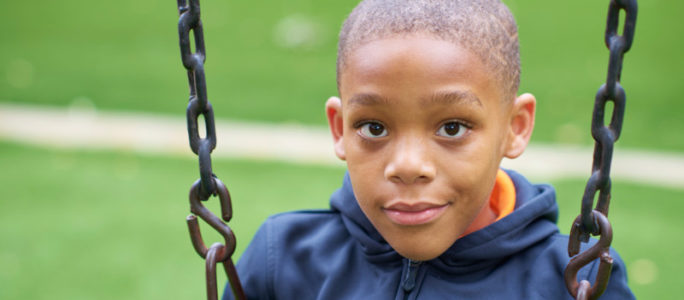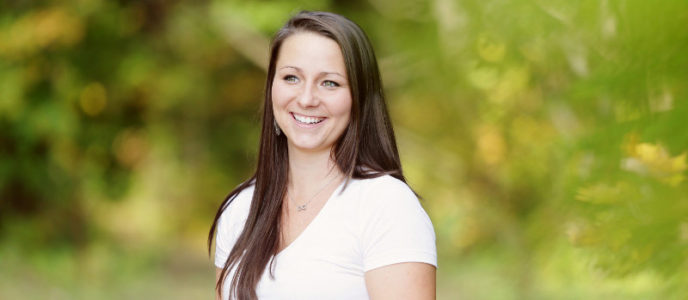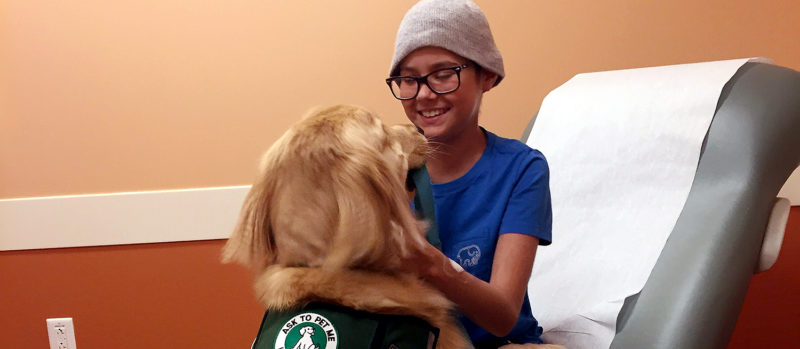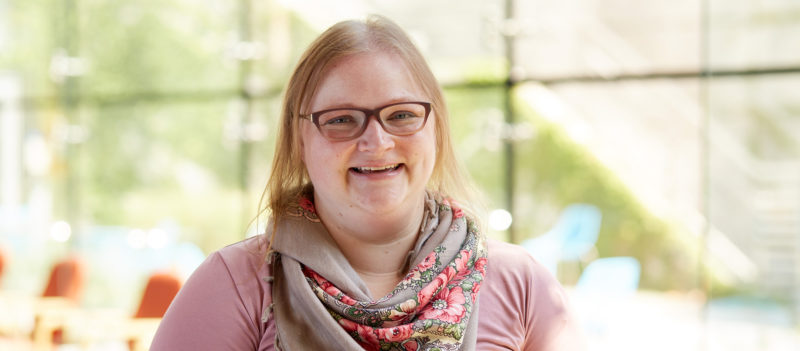When a child first receives a cancer diagnosis, the news impacts the entire family. Everyone processes the experience differently, but typical reactions can include fear, shock, disbelief, guilt, confusion, anger and sadness.
Our team in the Patient and Family Wellness Center in the Cancer and Blood Diseases Institute addresses all aspects of the psychosocial needs of patients and families throughout treatment. Our mission is to care for the logistical, behavioral, emotional, cognitive and spiritual needs of our patients and their families.
Because a new cancer diagnosis can be overwhelming, I have compiled a list of some helpful tips to consider as you being this journey with your child.
Things to consider following a cancer diagnosis
Use your social workers
At Cincinnati Children’s, each patient who receives a cancer diagnosis receives a dedicated social worker. That’s how important this service is. When a child is diagnosed with cancer, the rest of life’s demands don’t disappear. Many families are already stressed by everything else that they have going on in their lives. Social workers can provide your family with social support and help you sort through your logistical and financial needs.
Ask for and accept help
You will need the support from your friends and family more than you ever have before. People will overwhelmingly want to help, but may not know how. You may have to tell them what you need. This blog post written by a mom of a boy with leukemia offers some suggestions.
Be careful about the source of your medical information
There is a lot of scary information on the internet – some of it is accurate, some not. We recommend that families ask their medical team for the best sources of trusted information.
Accept that everyone copes differently
It may be difficult when you’re in the thick of things, but accepting that everyone copes differently can be helpful to your family. Some people process quietly. Others want to talk about every emotion they’re having. Some need to write it all down. Make an effort to be understanding when your child or other family members cope differently than you do.
You own your child’s information
Share information about your child however you want, whenever you’re ready. You will likely experience a roller coaster of emotions throughout your child’s journey with cancer. Well-intentioned friends and family are going to ask you a lot of questions and you may not be ready to answer them. Sometimes you have to deal with the emotions before you’re ready to answer questions. It is perfectly okay to say, “I’m not ready to answer that, but I appreciate your concern.” Or, if you’re comfortable, direct them to a place where you are sharing information, such as a caringbridge.org site or a Facebook page.
Find support for siblings
Cancer is draining on the entire family, including your other children. They will need support as well. Your social worker can help you figure out how to support your other children. Friends and family members can be especially helpful in supporting the siblings of children diagnosed with cancer.
Take care of yourself
Seeing a loved one through cancer treatment is a marathon, not a sprint. You will take care of your child better if you are taking care of yourself. This is a difficult thing to do when your child is going through something so difficult. When you’re comfortable and ready, you will benefit tremendously from eating right, exercising, talking to someone you trust, and if it fits for you, praying.
I hope that this list can serve as a starting point. If you have any questions about cancer and blood diseases care, or would like to schedule an appointment, please visit our webpage for more information.





